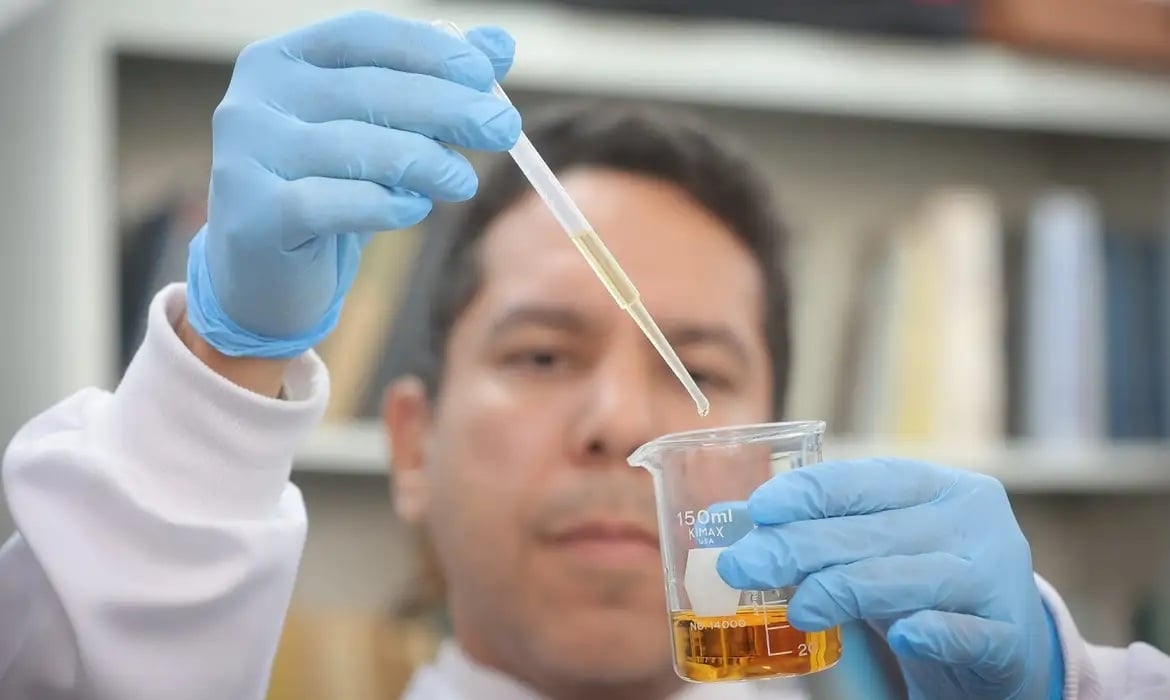Covid-19 may cause inherited anxiety, says study in mice

Covid-19 infection causes changes in the sperm of rats that can increase anxiety in their offspring, suggesting possible lasting effects of the disease on future generations, a study published this Saturday (11) revealed.
For the study, researchers at the Florey Institute of Neuroscience and Mental Health in Melbourne, Australia, infected male mice with the virus that causes COVID-19, mated them with female mice, and assessed the health impacts on their offspring.
“We found that offspring exhibited more anxious behaviors compared to offspring of uninfected parents,” said Elizabeth Kleeman, first author of the study.
The study, published in the scientific journal Nature Communications, found that all descendants of parents infected with Covid presented these same changes.
Females, in particular, showed “significant changes” in the activity of certain genes in the hippocampus, the part of the brain that regulates emotions.
This “may contribute to the increased anxiety we observe in children, through epigenetic inheritance and altered brain development,” said Carolina Gubert, co-author of the study.
The researchers said their work is the first of its kind to demonstrate the long-term impact of COVID-19 infection on behavior and brain development in future generations.
They found that the virus altered molecules in the fathers' sperm RNA, some of which are "involved in regulating genes known to be important in brain development," the institute said.
"These findings suggest that the COVID-19 pandemic may have lasting effects on future generations," said Anthony Hannan, lead researcher.
However, Hannan clarified that more studies are needed to determine whether the same changes occur in humans.
"If our findings are applied to humans, this could impact millions of children and their families around the world, with significant public health implications," Hannan said.
The COVID-19 pandemic, which began in early 2020, has caused more than seven million deaths worldwide, according to the World Health Organization, although the actual death toll is likely much higher.
Both the disease and the official responses to it have had profound impacts on mental health globally.
Research has shown that younger people, who were forced into isolation during a crucial social period in their lives, suffered the biggest hit to their mental health.
oho/mjw/rnr/sag/aa
IstoÉ



